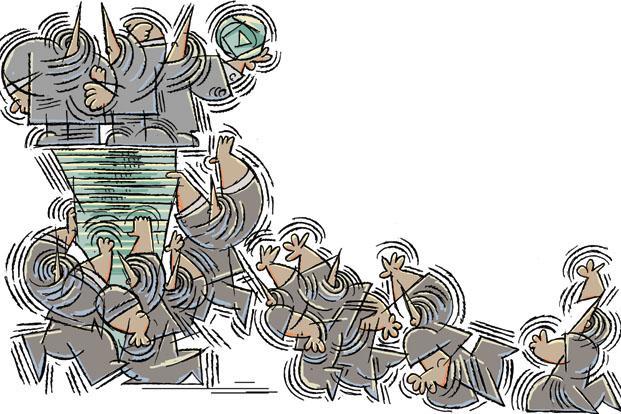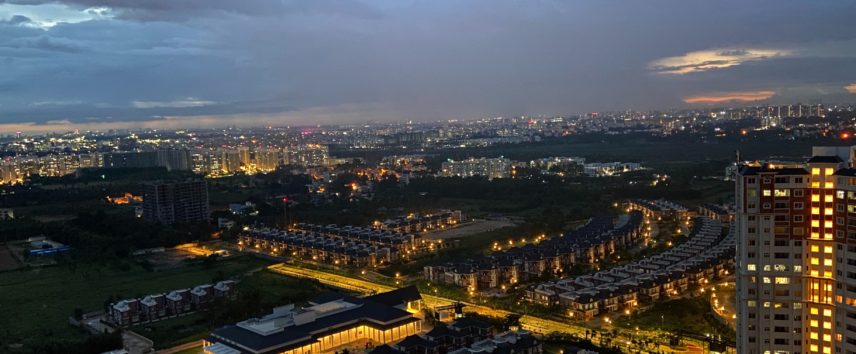Trending Now
- IPL 2024 begins with a bang. First contest between CSK and RCB.
- Election commission allots mike symbol to Naam Thamizhar Katchi
- AIADMK promises to urge for AIIMS in Coimbatore, in its election manifesto.
- Ponmudi becomes higher education minister.
Columns
The promise of Dalit capitalism
![]() January 11, 2016
January 11, 2016
Prime Minister Narendra Modi made two significant observations in the course of his speech to the new generation of Dalit entrepreneurs last week. First, he cited B.R. Ambedkar to argue that a community that has little access to land should see rapid industrialization as its best bet for advancement. Second, he said it is more difficult to escape the shadow of social discrimination than it is to break the shackles of economic backwardness.
Successive census reports on enterprises outside agriculture show that Dalits own far fewer businesses than we should expect from their share of the total Indian population. The representatives of Dalit capitalism want to correct this imbalance because they believe that capital is the best way to break caste in the modern economy. Some of this style of thinking can be traced back to a conference of Dalit intellectuals held in Bhopal in 2002, which argued that the retreat of the state in the era of globalization means that dependence on reservations will bring diminishing returns.
A lot has by now been written on the success stories. This newspaper was one of the first to shed light on the emergence of Dalit capitalism, in a series of stories written in 2010, of how they overcame social discrimination to build enterprises. These examples of successful entrepreneurs from the Dalit community are welcome in themselves. They could also become role models for the next generation. But it is also true that Dalit entrepreneurs face immense hurdles to progress. Dealing with these hurdles will not be easy.
One of the main problems is the lack of access to existing business networks. India is one of the many countries where weak contract enforcement mean that entrepreneurs depend on trust-based community networks to transact business. There is no shortage of examples of specific businesses being dominated by members of one community. It is very difficult for a Dalit entrepreneur to break into these networks, a challenge that is perhaps even more difficult than getting bank loans.
In a 2011 paper on how caste matters in entrepreneurship, Lakshmi Iyer, Tarun Khanna and Ashutosh Varshney argued that the growth of enterprises depends strongly on network effects to find the right workers as well as to forge links with suppliers and customers. And World Bank chief economist Kaushik Basu has tried to show in a new paper that discrimination exists because it acts as a coordination device.
These are the hard facts that are often drowned out in the general din about the rise of Dalit capitalism. Network effects are persistent—be it in the digital world or in society. The big question is how to break them. One possibility is through voluntary action by large companies that have expansive supply chains. The Tata group has been at the forefront of such experiments. Large government departments have also tried to bring Dalit enterprises into their networks. How such initiatives can be expanded while maintaining commercial goals remains to be seen.
The past few decades have seen the political empowerment of Dalits. But all sorts of data show that the community has still not got its rightful place in the economic landscape. What a new generation of Dalits intellectuals has been arguing is that the market rather than the state is the best antidote to social inequality.
The road ahead is a long one. The black capitalism project in the US has led to many success stories but it is doubtful that it has dismantled the deeper structure of racial discrimination. South Africa has also made uneven progress in having an economic structure that is in tune with its political goal to become a rainbow nation.
These should be seen as reality checks in the welcome attempt to build Dalit capitalism.
Disclaimer:The views expressed above are the author’s own






















